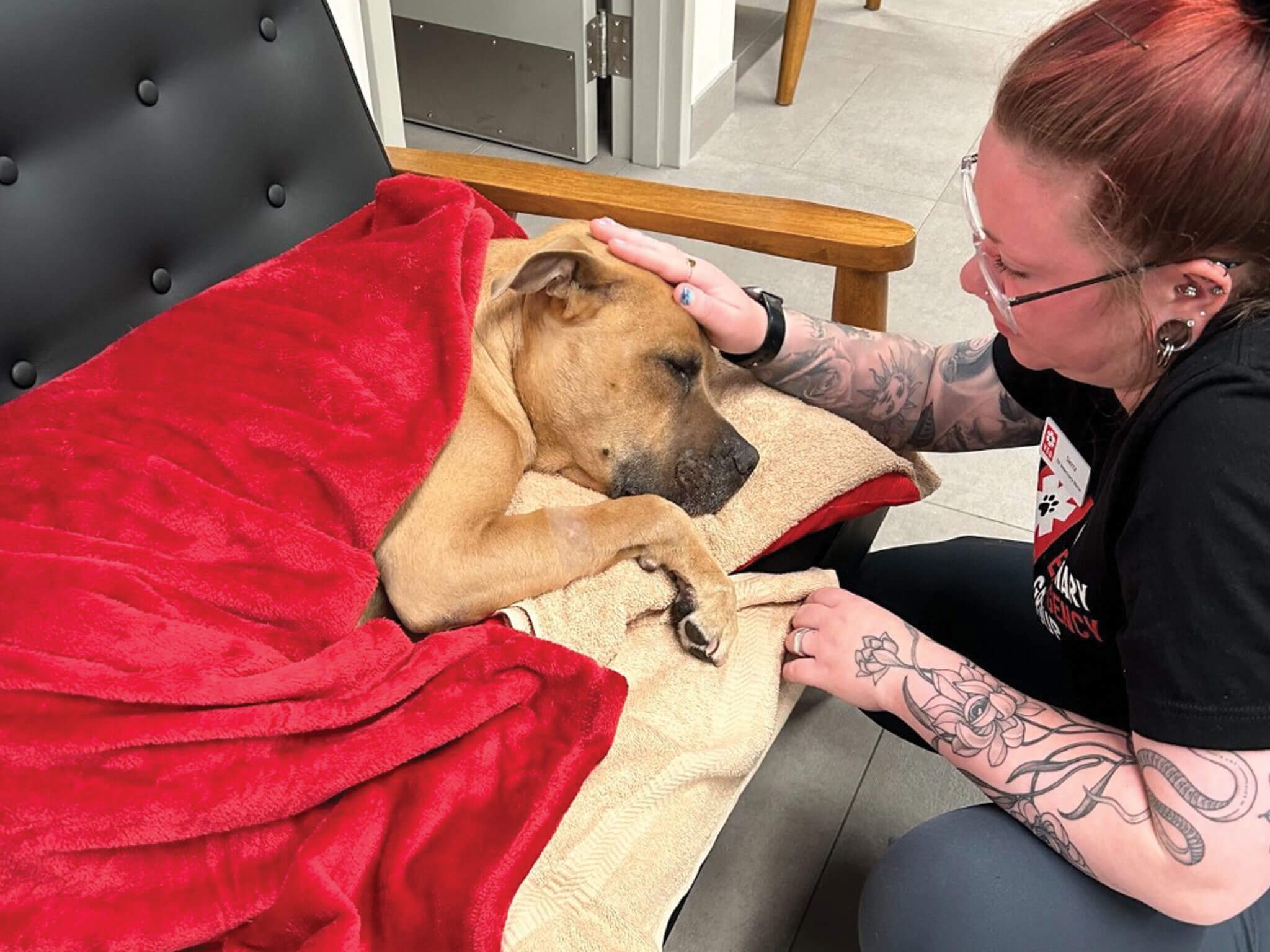
10 Common Pet Emergencies in Sugar Land, TX
Veterinary Emergency Group
Call & Speak with a doctor Open 24/7, Even Holidays!
Walk in today for:
Emergencies
Point-of-Care Ultrasound
Urgent Care
X-Rays
Diagnostics + Testing
End-of-Life Care
Surgery
Treatment + Hospitalization
When a pet emergency strikes, every second counts. Knowing common signs and symptoms of pet emergencies can make all the difference in how fast your pet receives treatment. If you’re near the Houston area and recognize the signs of a pet emergency, you’ll take your pet to VEG Sugar Land at 13607 University Blvd. for immediate, expert vet care!
This blog details the ten most common pet emergencies seen by the VEG in Sugar Land, TX. If your pet is in need of emergency or urgent care, reach out to the emergency-trained vet professionals at VEG Sugar Land at (346) 500-5559 for highly skilled veterinary ER care when you need it the most.
1. Trauma from Accidents or Falls
Pets, much like their human companions, can experience severe injuries from accidents such as car incidents or high falls. Even smaller accidents or “oops” moments can become big problems for your pet, as there could be internal injuries or fractures that aren’t immediately obvious.
It’s so important for pet owners to bring their pets into VEG for an emergency exam and necessary treatment if they fall or are involved in an accident. Never wait it out, as the sooner your pet gets a diagnosis, the faster they’ll receive treatment.
Symptoms of serious trauma may include visible wounds, limping, or reluctance to move. In such cases, immediate veterinary attention is essential. After an accident, your pet may also need to be treated for shock.
Identifying Shock in Pets
Shock is a critical condition that often accompanies severe trauma. Symptoms include cold limbs, a rapid heartbeat, and faint breathing. It’s a direct signal that your pet needs urgent care at a VEG veterinary clinic.
2. Poisoning or Toxic Ingestion
Our emergency vet hospital in Fort Bend County has treated pet poisoning cases. Ingestion of toxic substances is alarmingly common among pets. Common household items can be hazardous to your pet, like:
- Certain plants
- Chocolate
- Sugar-free foods, drinks, or gum containing xylitol
Signs of poisoning include vomiting, diarrhea, excessive drooling, and lethargy. Immediate consultation with a VEG Sugar Land vet can be the difference between recovery and a more tragic outcome.
Common Toxins in Sugar Land Homes
Understanding what substances are toxic to pets and keeping them out of reach can prevent many emergencies. Some of the most common household products are also the most dangerous, like:
- Antifreeze
- Household cleaners
- Rat poison
3. Heatstroke
Located southwest of Houston, Sugar Land’s warm climate makes heatstroke a frequent problem for pets. Remember, your pet can overheat quickly—never leave your pet in a car or truck or without shade and water during a hot day.
Symptoms of heatstroke include:
- Lethargy
- Panting
- Red gums
If you suspect your pet is suffering from heatstroke, it’s vital to get them to an emergency vet immediately, while trying to cool them down gradually.
Preventive measures for heatstroke include providing shade and water when your pet is outdoors and never leaving your pet in a closed vehicle on warm days.
4. Bee Stings and Insect Bites
Pets are curious by nature, which can lead to trouble with insects! We spend a lot of time outdoors in the Houston area, so bites or stings from bees, wasps, spiders, and other insects are common. Reactions from bites or stings can be mild or severe, including swelling at the site or anaphylactic shock in extreme cases. Monitoring your pet’s reaction to a new bite or sting and consulting an emergency veterinarian is essential. Come into VEG and we can help give your pet relief and prevent complications from bug bites or stings.
5. Allergic Reactions in Pets
Allergic reactions in pets can stem from a variety of sources: food, environmental allergens, or medications. Symptoms might include:
- Difficulty breathing
- Hives
- Swelling
When a pet owner has a quick response to these signs and symptoms, they can get to VEG Sugar Land, where an experienced emergency vet can manage symptoms before they become more severe. Keeping track of when your pet experiences allergic reactions can help identify potential allergens and avoid them in the future.
6. Pet Seizures
Seizures in pets can appear as a sudden onset of shaking, drooling, and loss of consciousness. They can be caused by epilepsy, toxins, or brain tumors. Documenting the seizure’s duration and frequency can aid our VEG veterinarians in diagnosis and treatment.
If your pet is experiencing a seizure, move furniture and other objects away. If your pet is on a couch or bed, move them to a safe spot on the floor. Time the seizure if possible, to later inform the emergency vet. When the seizure subsides, bring your pet to VEG, where we can work to find a cause for your pet’s seizure.
7. Bloat in Pets
Bloat is not a big belly because your pet ate too much; it’s much more serious. Bloat, or gastric dilatation-volvulus (GDV), is an urgent condition that can affect dogs, particularly large breeds.
Signs of bloat include:
- Restlessness
- Retching without vomit
- Swollen abdomen
If you’re in the Houston area, and notice that your pet has any of these symptoms, bring them to VEG Sugar Land immediately. This condition requires prompt veterinary intervention to prevent life-threatening complications.
8. Urinary Obstructions
Urinary blockages or obstructions are a particularly painful and urgent medical condition frequently encountered in pets, especially male cats. This condition occurs when stones, crystals, or debris accumulate in the urethra, the tube through which urine exits the body. This blockage prevents the flow of urine and can lead to severe pain, kidney damage, or even death if not treated promptly.
Recognizing Symptoms
The symptoms of a urinary obstruction can be quite noticeable and distressing. Signs include:
- Excessive licking of genital area
- Frequent attempts to urinate
- Vocalizing while trying to urinate (crying, whining)
Additionally, pets may exhibit signs of severe pain such as restlessness, hiding, or an inability to get comfortable. In short, your pet is really feeling in distress due to a urinary blockage, and as their caregiver, you want to get them relief asap. So, if you see that your pet is straining to pee, hasn’t been urinating at all, or has any of the above signs or symptoms, take them immediately to VEG for emergency veterinary help.
9. Difficulties in Labor (Dystocia)
During childbirth, pets may encounter various complications that can turn a normal labor into a medical emergency. Difficulties in labor, or dystocia, occur when the mother struggles to deliver her puppies or kittens naturally. This can happen due to several reasons including the size or position of the litter, exhaustion of the mother, or physical incompatibility. For birds, dystocia is also called egg binding. No matter what kind of pet you have, it’s imperative for the life of your pet and their unborn offspring to get them to a VEG animal hospital. If you’re located in or near Fort Bend County, VEG Sugar Land is open 24 hours a day and our vets will work to help your pet deliver her babies safely.
Signs of Dystocia
It’s crucial for pet owners to recognize the signs of dystocia early. These include:
- Active labor lasting more than an hour without the birth of a puppy, kitten, chick, or other species
- More than two hours between delivering offspring
- Visible distress like excessive panting, pacing, or howling, and bloody discharge without subsequent deliveries
10. Persistent Vomiting or Diarrhea
Occasional vomiting or diarrhea in pets can be common; however, persistent or severe episodes are indicative of a more serious health issue. Not to mention, require a lot of cleanup by the pet owner!
If your pet exhibits frequent vomiting or diarrhea, particularly if it is accompanied by signs of blood, it is crucial to seek veterinary care immediately. These symptoms can lead to dehydration and may signify conditions such as infections, parasite infestations, or even chronic diseases like kidney failure or inflammatory bowel disease.
Recognizing Severe Symptoms
Important symptoms that require immediate vet attention include:
- Bloody stools or vomit
- Diarrhea that lasts over two days
- Vomiting more than twice in a 24-hour period
Other concerning signs include lethargy, decreased appetite, abdominal pain, or any change in behavior which suggests discomfort.
Top-rated emergency veterinary hospital in Sugar Land, TX
Now you know some of the most common signs and symptoms of pet emergencies. If your pet is experiencing an emergency or is in need of urgent care in the Houston area, you can help keep your pet safe by seeking emergency care at VEG Sugar Land.
In Sugar Land, where pet health can be affected by local environmental factors and common suburban hazards. Pet owners should keep the number for VEG Sugar Land at (346) 500-5559 handy for quick access to expert care. Save us to your contacts!
By recognizing the early signs of these common issues, you can ensure that your pet receives the necessary medical attention they need. VEG Sugar Land is open 24/7, even on holidays. Call and speak with a veterinarian, or come in and we’ll triage your pet immediately. At VEG, you can stay with your pet all throughout treatment.

